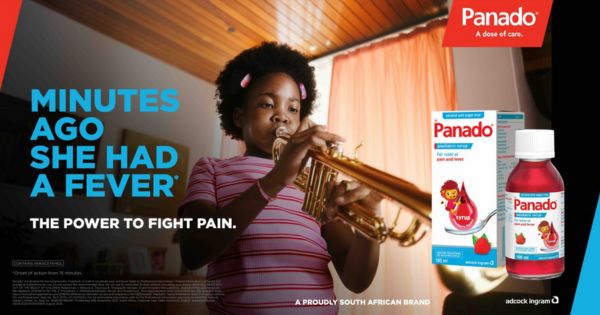Athletes wear compression wraps for various reasons, like to do better in sports, for comfort, and to prevent serious injury during any strenuous activity. Compression wraps are also common in first aid procedures.
There are various types of back compression wraps available for athletes, and you need to be careful while selecting one. You wouldn’t want to get one that doesn’t help your particular problem. Here are the crucial factors that you need to focus on while selecting compression wraps.
Types of Compression Wraps
- Back Compression Wrap
The back wrap provides compression and support to the lower back. This compression is also useful to athletes who have suffered an abdominal muscle injury. These compression wraps can be worn comfortably, and it helps athletes recover from muscle injury with less pain.
The compression wrap stays in place due to the unique fabric used in its construction that acts like glue between your skin and product. The adjustable wrap can provide medical-grade compression 20-30 mmHg.
- Posture Compression Wrap
The posture compression wrap is recommended for people who sit long hours at a desk. Such people suffer from myofascial pain syndrome (upper back pain). The posture compression bandage offers medical-grade compression of 20-30 mmHg, which helps reducing pain sensation significantly. Also, this back brace is also useful to individuals who have muscle spasm due to arthritis.
- Joint Compression Wrap
The joint compression wrap is useful in reducing pain due to medical conditions like sacral or lumbosacral strain, and sacroiliitis. The medical-grade compression in the range of 20-30 mmHg effectively reduces the pain sensation. The joint compression wrap keeps the involved area and tissue warm that also alleviates pain to some extent.
After selecting the right type of back compression wrap, you need to focus on the following aspects too.
Material
The material used in the construction of the back brace is an important factor. The back brace should be made of lightweight material with good stretching properties. It will ensure the compression sleeves do not restrict the athlete’s movement and stretch along with your body.
This will ensure the back brace does not affect the way the athlete serves, bends, swings, or run. The material should be breathable and prevent moisture buildup.
Sizing and Fit
The sizing and fit is an essential aspect of effective compression. Most compression wraps are available in a universal size and can be a relaxed fit for any athlete. It would help if you looked for compression wraps with a Velcro strap that allows you to adjust the fit. Such products are labeled as adjustable back braces.
Some compression wrap manufacturers offer posture back braces in various sizes, such as small, medium, and large. These wraps can be adjusted around the user’s shoulders as per individual supporting needs.

Levels of Support
Since the back braces provide compression and support, their design and material determine the level of support they provide.
- Rigid
Back braces that are recommended for rigid support come with metal or hard plastic support for maximum comfort and stability.
- Semi-rigid
Neoprene is a popular material used in back compression wraps that offer semi-rigid support.
- Flexible
The back braces with high flexibility offer the lowest level of support and feature adjustable straps for added benefits. They allow full range of motion in the athlete wearing it and are mainly used for its heat-retaining characteristics.
Following the tips above while selecting back compression wraps will ensure you will pick the right product that will provide you maximum relief from pain and help in speedy recovery.
 Kaboutjie SA Mommy Blogs by Lynne Huysamen
Kaboutjie SA Mommy Blogs by Lynne Huysamen




